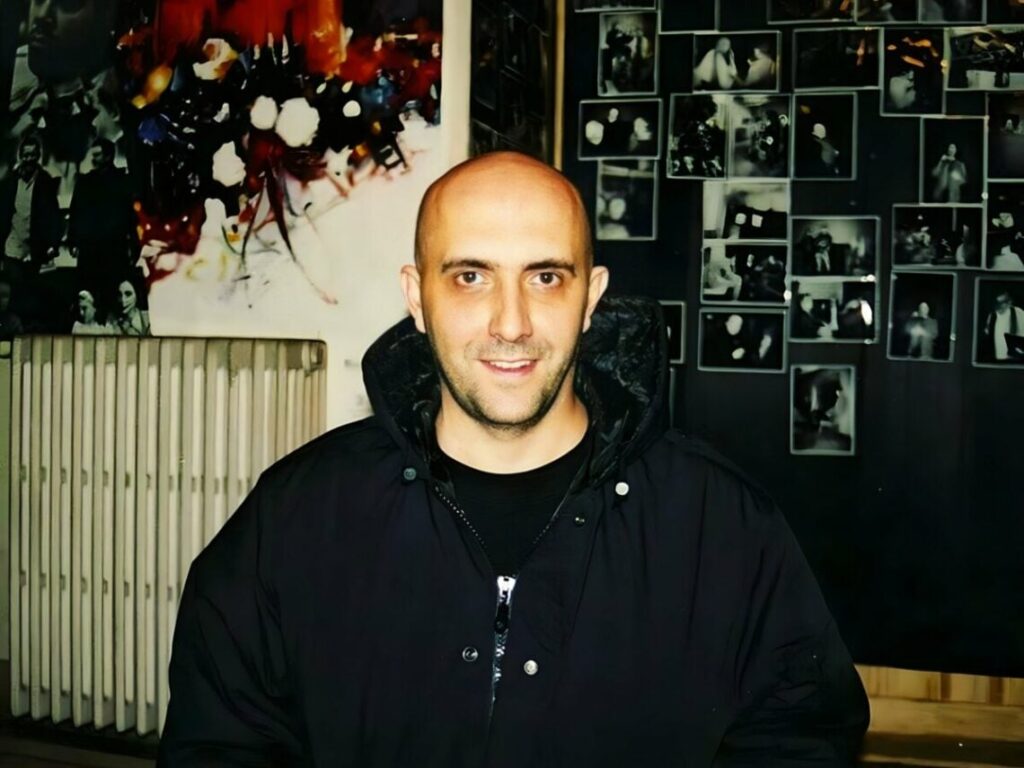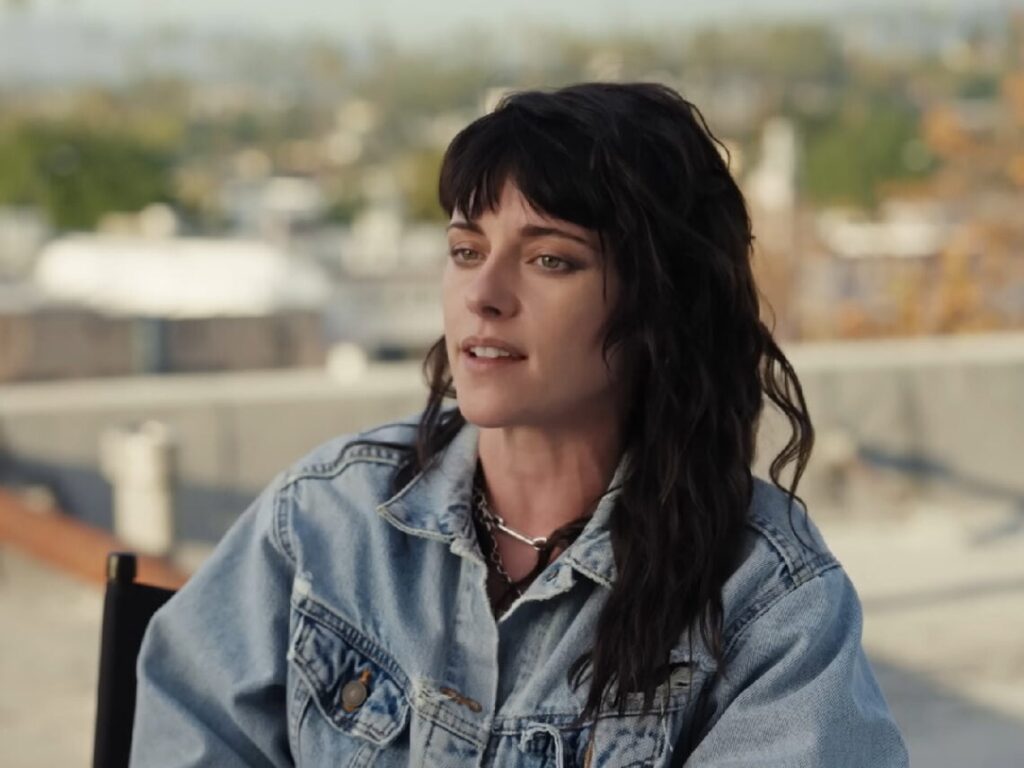It explains a lot: the bizarre movie Gaspar Noé went to see on his 18th birthday
 Posted On
Posted On
(Credit: Olivier Strecker)
No stranger to controversy, Gaspar Noé has made a career out of pushing the boundaries of cinematic acceptability, with his filmography always provocative and constantly polarising. Some people love his work, others despise it with a passion, but something had to convince him it was a path worth following.
That’s not to say a single formative experience helped shape Noé into the taboo-shattering filmmaker he became, but the movie he was told to watch on the day of his 18th birthday does help explain a lot, because it’s one of the most shocking and widely-banned motion pictures ever made.
From the extended and excruciating scenes of sexual assault in murder seen in Irréversible, the phantasmagorical nightmares of Enter the Void, and the unsimulated sex scenes of Love to the drug-induced psychosis of Climax, the metatextual arthouse stylings of Lux Æterna, and the avant-garde change of pace in Vortex, the writer and director has never played by any rules but his own.
With that in mind, in his own unique way, it makes perfect sense that the Noé family would encourage their teenage son to see Pier Palo Pasolini’s Salò, or the 120 Days of Sodom on the day he was old enough to do so, with the infamous historical drama inciting widespread outrage for its harrowing depictions of rape, torture, death, mutilation, and all sorts of other unspeakable acts rarely seen captured on film.
Not that it turned his stomach, with Noé even naming it as one of his favourite movies to Rotten Tomatoes for the impact it had on him. “The day I turned 18 my mother wanted me to see Pasolini’s Salò,” he explained. “She said, ‘Now you are old enough to see a precise portrayal of human cruelty.’”
It wasn’t designed as any form of punishment, though, but as a learning experience. “Maybe because my parents escaped Argentina during the dictatorship to avoid ending up in a torture camp like their friends ended up, she had a particular concern about the portrayal of human cruelty and torture,” he continued. “So she said, ‘You want to know how bad life can turn? Come with me and see this film.’”
He did exactly that, and “that movie stuck to my mind for like 12 years in a very precise, shocking way” as a result. Not only that, but no matter how extreme his own filmography became, Noé was adamant that he’d never do anything as shocking as Salò, thanks in part “because of some people before us who made these extremely daring movies that really shocked their time.”
Much the same can be said of his own back catalogue, but in the director’s mind, at least, he wasn’t holding a candle to what Pasolini captured in a film that became a lightning rod for negativity and was cited as the epitome of bad taste cinema.
[embedded content]


